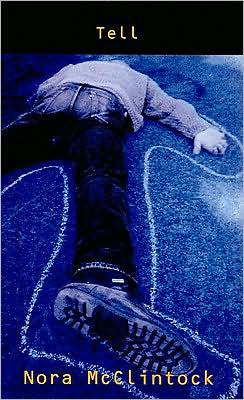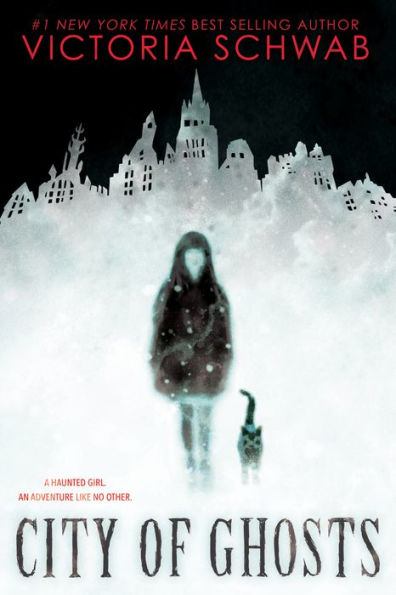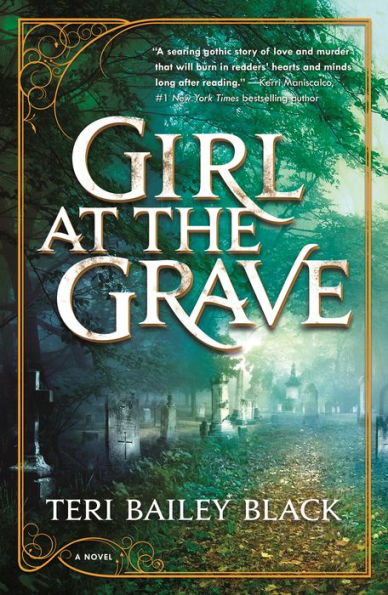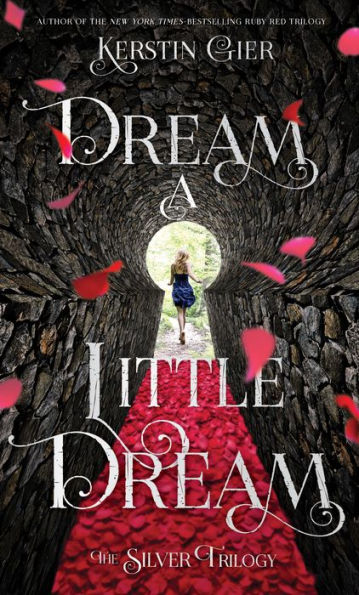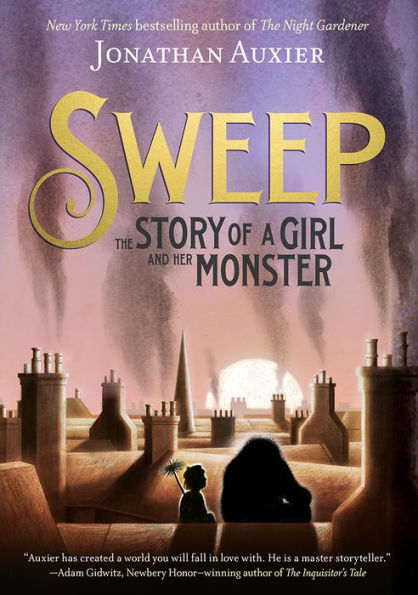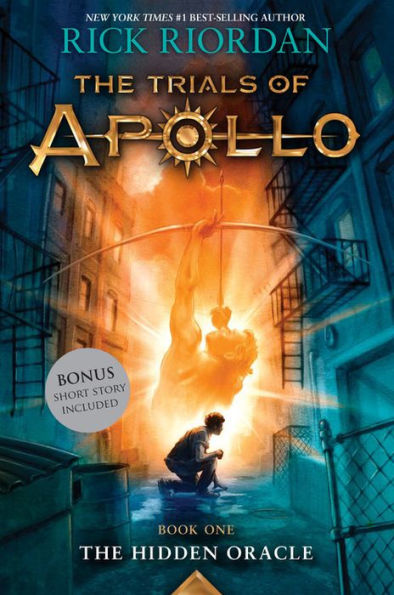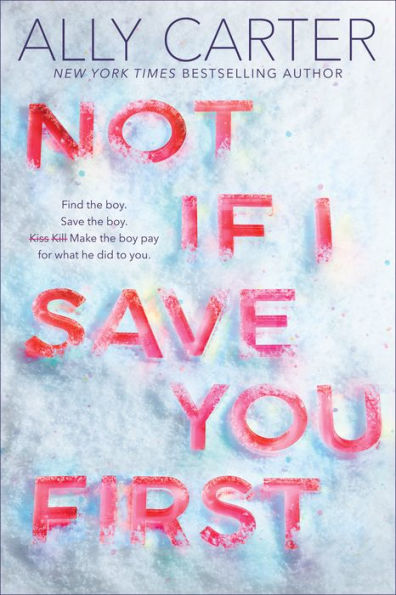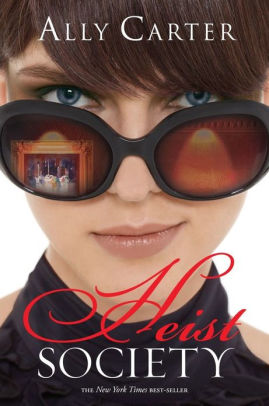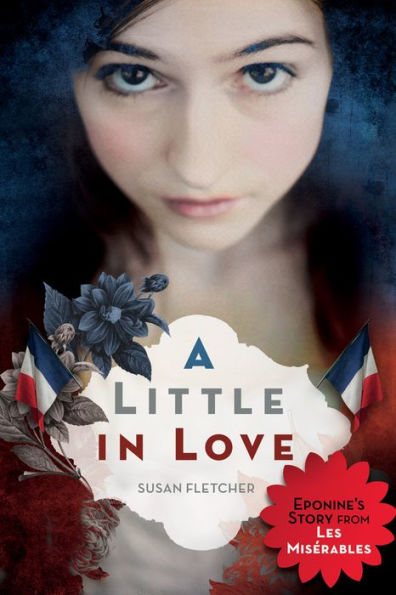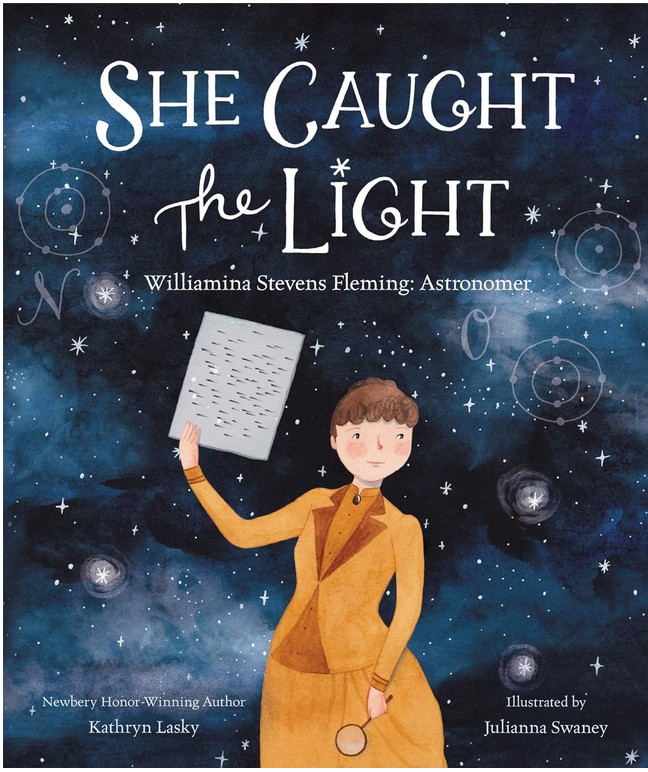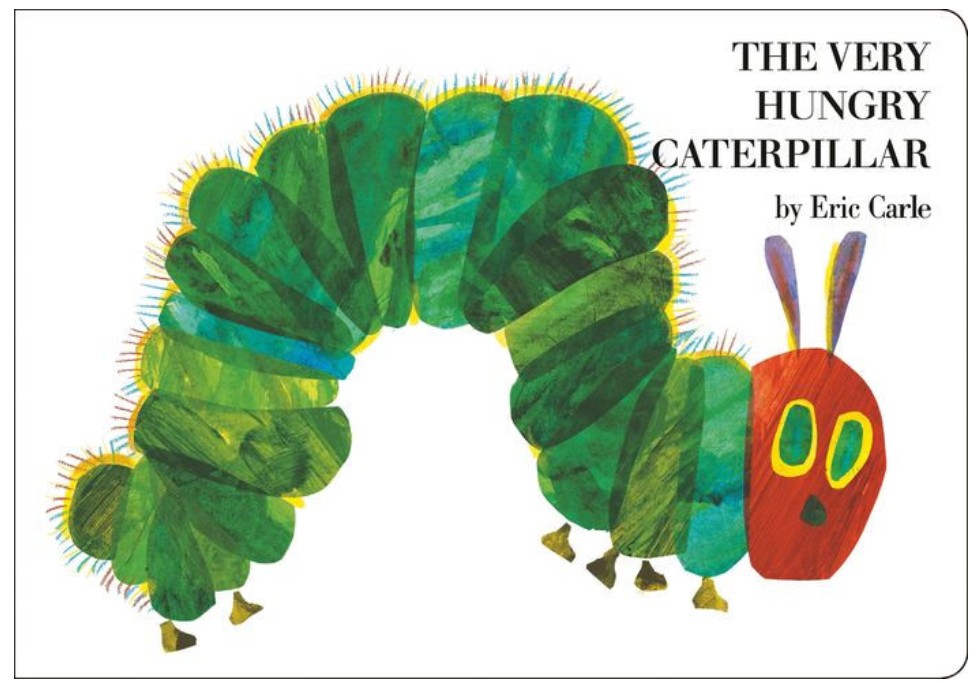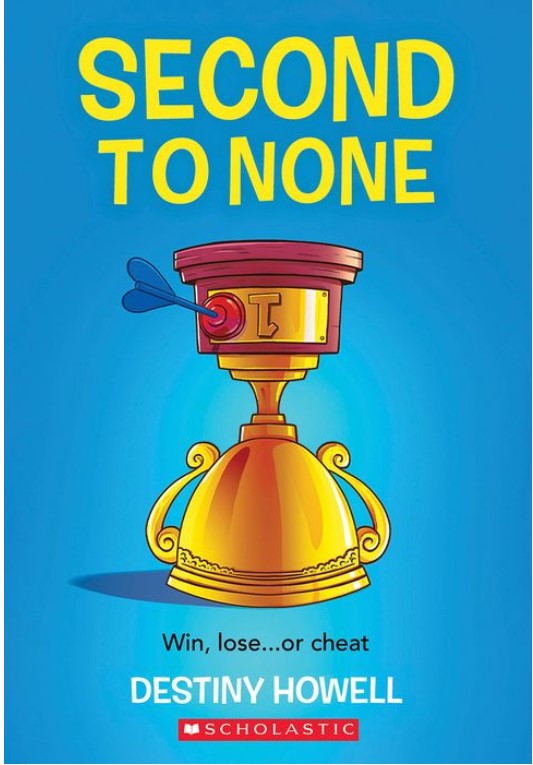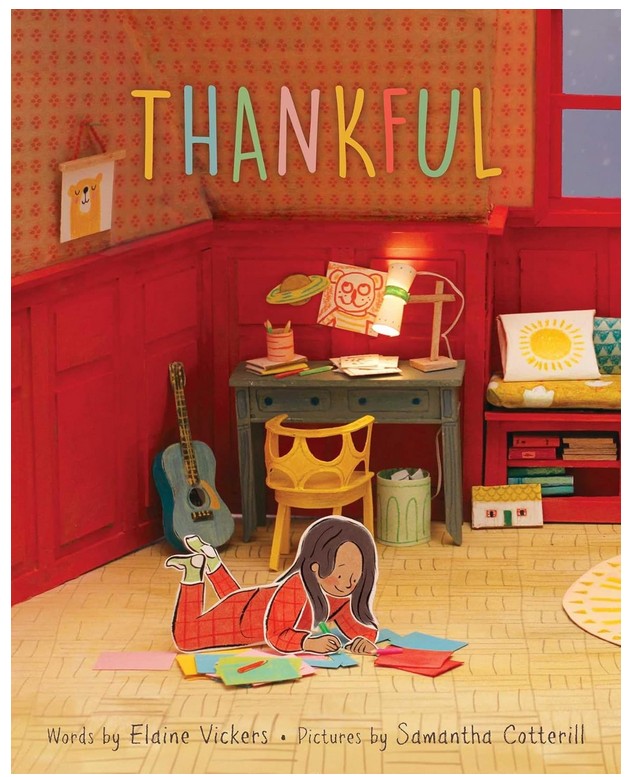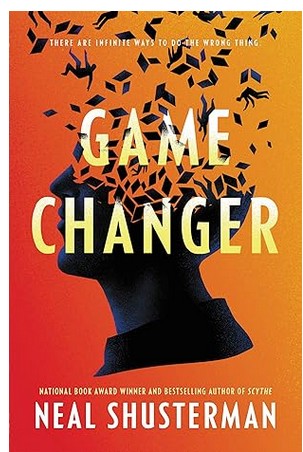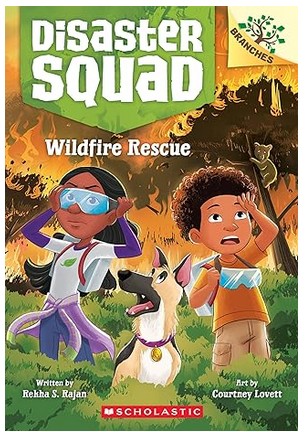Emily was ready for summer. She had it all planned out: she and her best friend Sloane would find fun part-time jobs, go on weekend trips, and take everyday adventures together. However, everything changes when Sloane mysteriously disappears, leaving behind a list for Emily to accomplish. Seeing this as the only way to get her best friend back, Emily is determined to finish the list. The list contains thirteen tasks designed to push Emily’s comfort zone like “riding a horse” or, even scarier, “kissing a stranger.”
Emily embarks on a completely unexpected summer filled with risky exploits, play-writing parents, and new friends that allow her to discover who she is as an individual, not just half of a whole. Since You’ve Been Gone is a delightful novel that makes the reader long for those days of summer that seemed endlessly filled with possibilities. Fans of Morgan Matson’s other books will be thrilled by this adorable adventure that is in her same spellbinding style.
This book is perfectly appropriate for teen readers and is relatable in many aspects through the struggles Emily faces to discover her individual identity. Nonetheless, there is a great deal of romance throughout the book and sexual content is found on several occasions, so parents of younger readers may heed caution. Despite this, Since You’ve Been Gone is a delightful book full of hilarious scenes in which the readers feel as though they are part of a group of friends. The characters and plot make Since You’ve Been Gone well worth reading.
Sexual Content
- Sloane and Emily make a plan to find “summer boys.”
- A boy absentmindedly stares at Sloane when she is at a craft fair, and he unknowingly picks up a macaroni necklace during his entrance of her beauty.
- Items on Sloane’s list include skinny dipping and kissing a stranger.
- When Emily goes to The Orchard, a popular hangout place, a couple of parks next to her car and “started furiously making out in the front seat.”
- When Emily sees Frank lift up his shirt to reveal his surprisingly ripped abs, she “felt my feet tingle.”
- When Emily meets Dawn for the first time, Dawn is crying about the fact that her boyfriend is cheating on her with her best friend.
- Sloane’s boyfriend, Sam, was “sliding his arms around Sloane’s waist and kissing her cheek.”
- Emily’s parents’ play has a kissing scene that Emily and Frank almost have to perform.
- Emily makes out with a stranger in the small pantry of Frank’s house. “His lips were on mine . . . he wrapped his arms around my waist, and started kissing me for real . . . And soon I was kissing him back, my pulse racing and my breath catching in my throat, his hands twined in my hair. It was only when his hands slipped under the hem of my shirt . . . that I came out of the make-out trance.”
- Emily’s former boyfriend Gideon is a “good kisser.” They kiss a few times in the book.
- Sam kisses Emily, making Sloane break up with him.
- Emily and Frank kiss in her car as the rain is pouring down on them through the sunroof. “And it was a kiss that felt like it could stop time . . . We were kissing like it was a long-forgotten language that we’d once been fluent in and we were finding again, kissing like it was the only thing either of us had wanted to do for a long, long time, kissing with the urgency of the rain that was pounding down all around us . . . His hands were tangled in my hair, then touching my bare back, and I was shivering in a way that didn’t have anything to do with the cold.”
- At the conclusion of the novel, Frank and Emily engage in a passionate kiss that is not described in detail.
Violence
- When attempting to break into her own house, Sloane falls over the windowsill and lands “with a thump that I could hear even from the ground.”
- A character commits arson in the play Bug Juice that Emily’s parents wrote.
- Frank hits Collins on the back affectionately and Emily remarks, “I had no idea why boys, when they become affectionate, got violent.”
Drugs and Alcohol
- At the apple orchard where many parties are held, there are ladders, and “only the bravest‒or drunkest‒people ventured up them.”
- The Orchard is described as having, “a small group smoking. There was a keg and a stack of red Solo cups, an open cooler at his feet.”
- Emily gets a cup of beer that was “mostly. . . a cup of foam.” She “took a tiny sip, wincing at the warm, metallic taste, wondering how much longer I had to stay.”
- Collins hits on a girl who is, “smoking a cigarette and talking on her phone.”
- Sloane acquires fake IDs for herself and Emily to go into a bar and hear one of their favorite bands perform. Emily does not go in the first time, but returns after Sloane has gone missing. Within the bar, she sees “the shelves of liquor stretched up almost to the ceiling.” When she orders a diet coke, the bartender asks her if she wants it “with rum,” to which she refuses.
- At Frank’s birthday party, Emily gets tipsy.
- When Emily sleeps over at Sloane’s house, she is sent to get a bottle of wine from the fridge for them to drink while they binge watch Psychic Vet Tech.
Language
- Phrases using the word “god” as an exclamation are used frequently.
- Profanity is used frequently throughout the novel. Profanity includes holy crap, hell, and damn.
- Collins jokingly insults Frank and says, “You complete moron. I thought I was going to have to get the ladder and pull you out like a damn cat!”
- Emily thinks that some people at a party think that she is a “narc.”
- A girl in a bar says, “Jared has been cheating on me with some skank named Penelope.”
- Frank says to Emily, “Don’t be stupid.”
Supernatural
- When thinking of Sloane’s mysterious disappearance, Emily says, “I was negotiating with some cosmic dealer who could guarantee this for me.”
- An example of the trivial text exchanges between Sloane and Emily is, “Have you noticed it’s been a while since anyone’s seen the Loch Ness monster?”
Spiritual Content
- None
by Morgan Filgas




